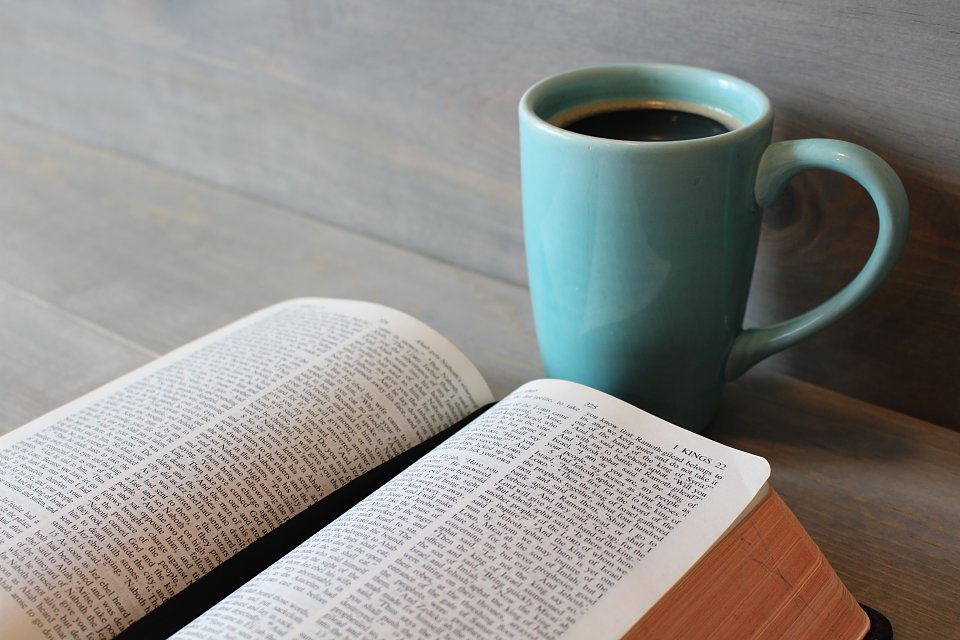Choices
Life is full of choices.
Where will I go to school?
Who will I marry?
Where will I live?
What house will I buy?
Where will I invest my money?
Where will I work?
Who will be my friends?
What church will I attend?
To whom will I listen?
Some of the choices we make everyday seem rather mundane and inconsequential. But the truth is every choice we make in life yields consequences, some greater than others.
The very first words of the Bible present us with a choice of eternal consequences. Will we believe God exists and that He created the heavens and the earth, or not? Not long into His story, God established moral accountability by placing the tree of the knowledge of good and evil in the middle of the garden paradise he created for man. Adam was given a choice. He and his wife Eve made a bad decision by eating forbidden fruit. As a result, sin entered into the world and corrupted the DNA of all humankind. It goes to show that even perfect beings with a free will make wrong choices.
Later, Abraham presented his nephew Lot with a choice. “Please separate from me. If you take the left, I will go right; or, if you go to the right, I will go to the left” (Gen. 13:9-10). Lot made his choice by slouching toward the well watered plains of the Jordon in the direction of Sodom and Gomorrah. You know the rest of the story.
Before Moses died, he reviewed the covenant God made with the Israelites. He presented them with a choice. “See, I have set before you today life and good, death and evil. . . . I call heaven and earth as witnesses today against you, that I have set before you life and death blessing and cursing; therefore choose life, that both you and your descendants may live” (Deut. 30:15, 19).
Later, Joshua, Moses’s understudy and successor, presented the Israelites with a choice as they took possession of the Promised Land. “Choose for yourselves this day whom you will serve, whether the gods which your fathers served that were on the other side of the River, or the gods of the Amorites, in whose land you dwell. But as for me and my house, we will serve the Lord” (Josh. 24:15).
The psalmist begins in chapter 1 by contrasting the righteous that delight in the law of the Lord with the ungodly, the sinners and the scornful. One is like a prosperous tree planted by rivers of water; the other is compared to “the chaff which the wind drives away.”
The book of Proverbs presents eloquently the choice between following the wise and foolish paths in life. The first nine chapters are written with a literary flare that pictures a father who pleads with his son to make wise choices.
Even the prophet Jeremiah was a channel through which the Lord called for his people to make a choice. “Now you shall say to this people, ‘Thus says the Lord: Behold, I set before you the way of life and the way of death’” (Jer. 21:8).
All of this brings us to the Sermon on the Mount where, throughout, Jesus narrows our choices in life. In chapter 5 he makes a distinction between two kinds of righteousness, the persnickity rule-keeping of the Pharisees and the true righteousness of the heart. In 6:19-20 he talks about two treasures, earthly and heavenly. Then he draws a line in the sand between serving God and Money (6:24). He goes on to say we can either wring our hands in worry or “seek first the kingdom of God” (6:25-34).
In 7:13-14, Jesus lays before us two gates, two roads, two crowds and two destinies. There’s a small and wide gate, a narrow and broad road, a crowd of few and many, and a destination of life and destruction. Which path will we follow? The choice is ours. Why is the choice we make so important? Because the destinies are so different. All paths do not lead to the same eternal place!
Good preaching always brings us to a decision, a choice we must make. It shouldn’t surprise us, then, that the Greatest Teacher races to the end of his greatest sermon with the idea that there is ultimately only one choice to make in life, because there are only two possibilities to choose from.


Add a Comment